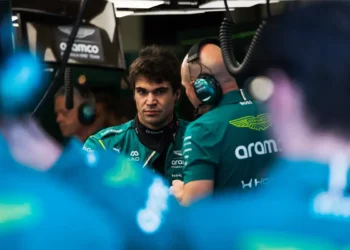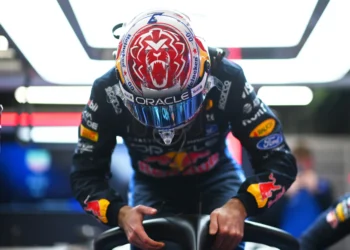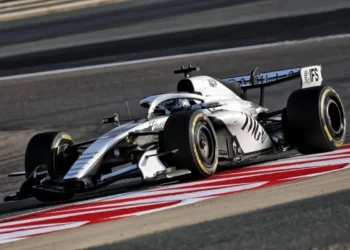Valtteri Bottas, known for his passion for both racing and cycling, recently drew comparisons between Formula 1 and the world of cycling, emphasizing the significant differences in how success is achieved in each sport. The Finnish driver, with a strong background in Formula 1 and a love for cycling, offered insights into how equipment and skill play varying roles in these two competitive arenas.
In a discussion with a cyclist friend who previously worked for the Jaguar F1 team, Bottas shared a striking observation: in Formula 1, the performance of the car accounts for about 90% of the success, with the driver’s contribution making up the remaining 10%. Conversely, in cycling, the rider’s skill and effort are paramount, with the quality of the bike playing a much smaller role in determining the outcome of a race. This comparison highlights the unique challenges and perceived inequities in Formula 1, where the car’s capabilities can often overshadow the driver’s talent.
Bottas wasn’t downplaying the importance of the driver’s role in Formula 1; rather, he was illustrating that success in the sport requires a perfect synergy between a high-performing car and a skilled driver. He emphasized that while the car is crucial, the driver’s abilities and efforts are equally important in achieving victory. This balance is essential, as even the best car cannot win without a competent driver behind the wheel.
The ten-time Grand Prix winner expressed his appreciation for cycling, where success is more dependent on the athlete’s skill and determination, making it a more level playing field compared to the resource-driven world of Formula 1. In cycling, an expert rider can still triumph even with an average bike, relying on their physical prowess and strategy. This contrasts sharply with Formula 1, where the disparity in equipment and team resources can lead to significant advantages or disadvantages for drivers.
Bottas acknowledged that Formula 1, by nature, is a team sport where the quality of the car must match the driver’s abilities to secure success. Unlike in cycling, where the athlete’s effort is the primary determinant of victory, Formula 1 requires a finely tuned machine and a well-coordinated team to complement the driver’s skills. This dependency on equipment can sometimes make the sport feel unfair, as drivers often face unequal opportunities based on the performance of their cars.
Despite these differences, Bottas continues to embrace the challenges of Formula 1, finding excitement in the competition and the pursuit of excellence, where both man and machine must work in harmony to achieve greatness. The thrill of racing, combined with the strategic complexities of the sport, keeps it engaging for both drivers and fans alike, even as the debate over the balance between skill and equipment continues.
Photo from Valtteri Bottas Instagram










